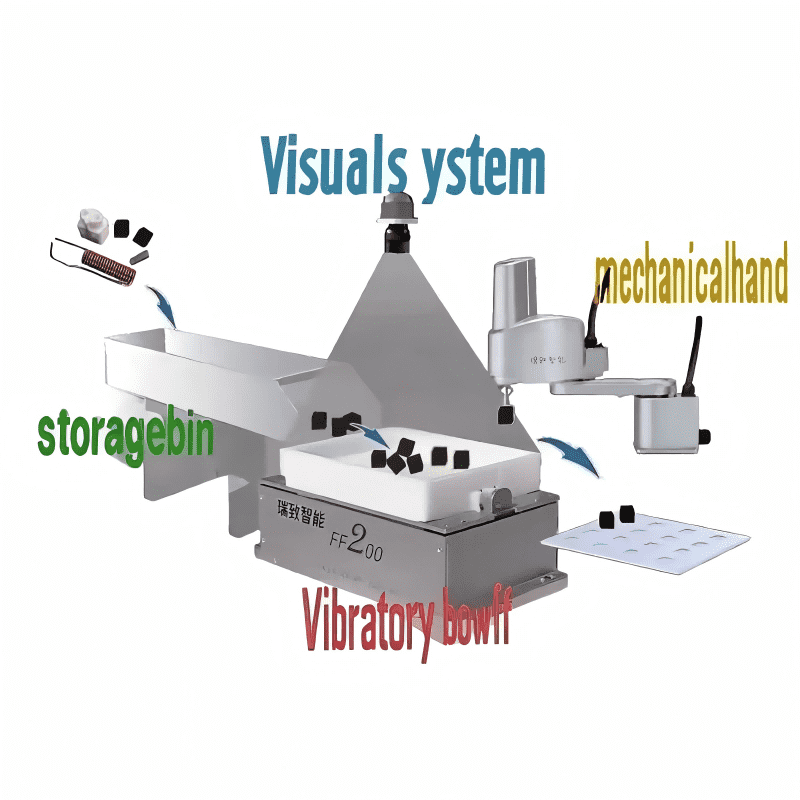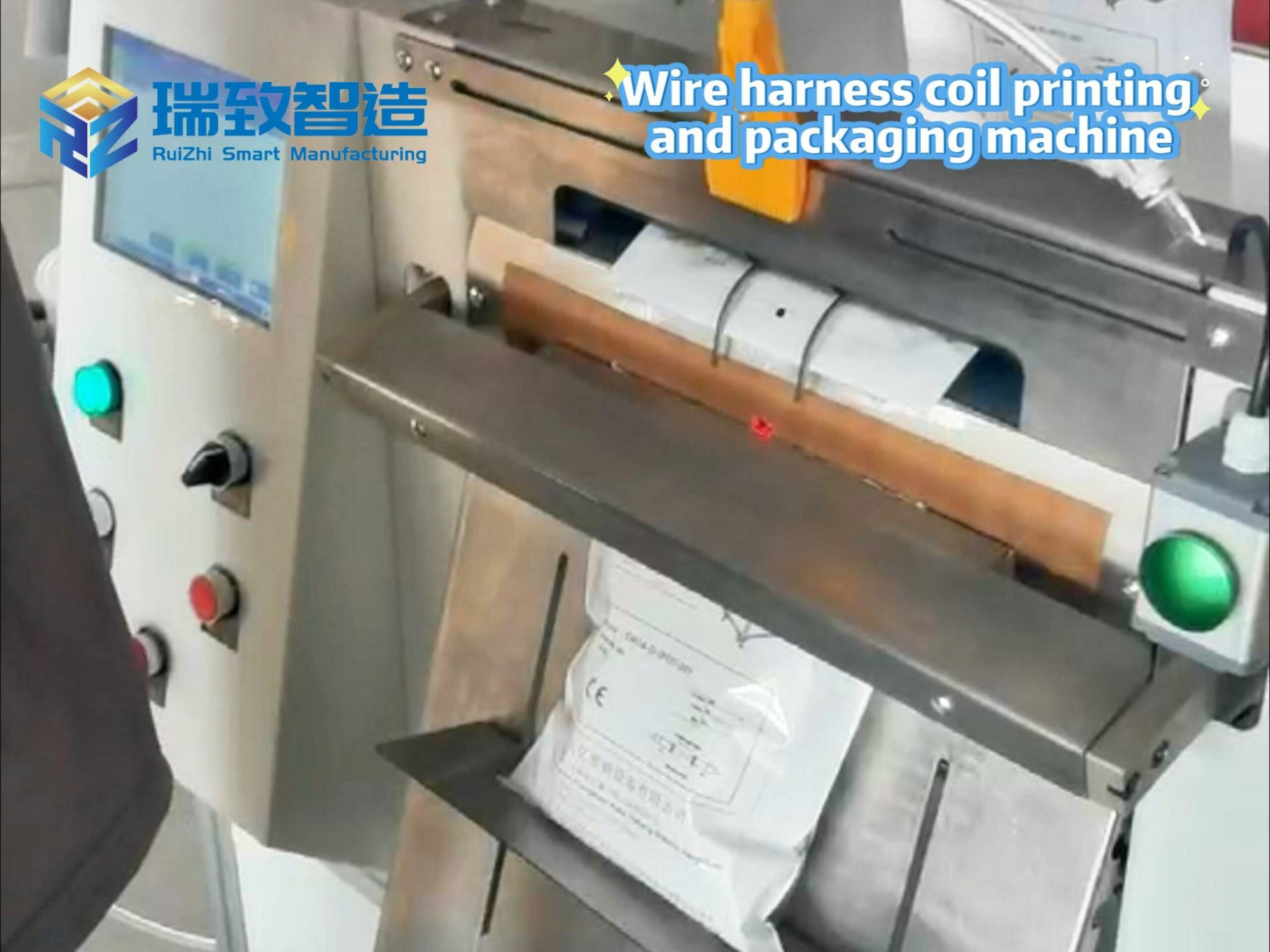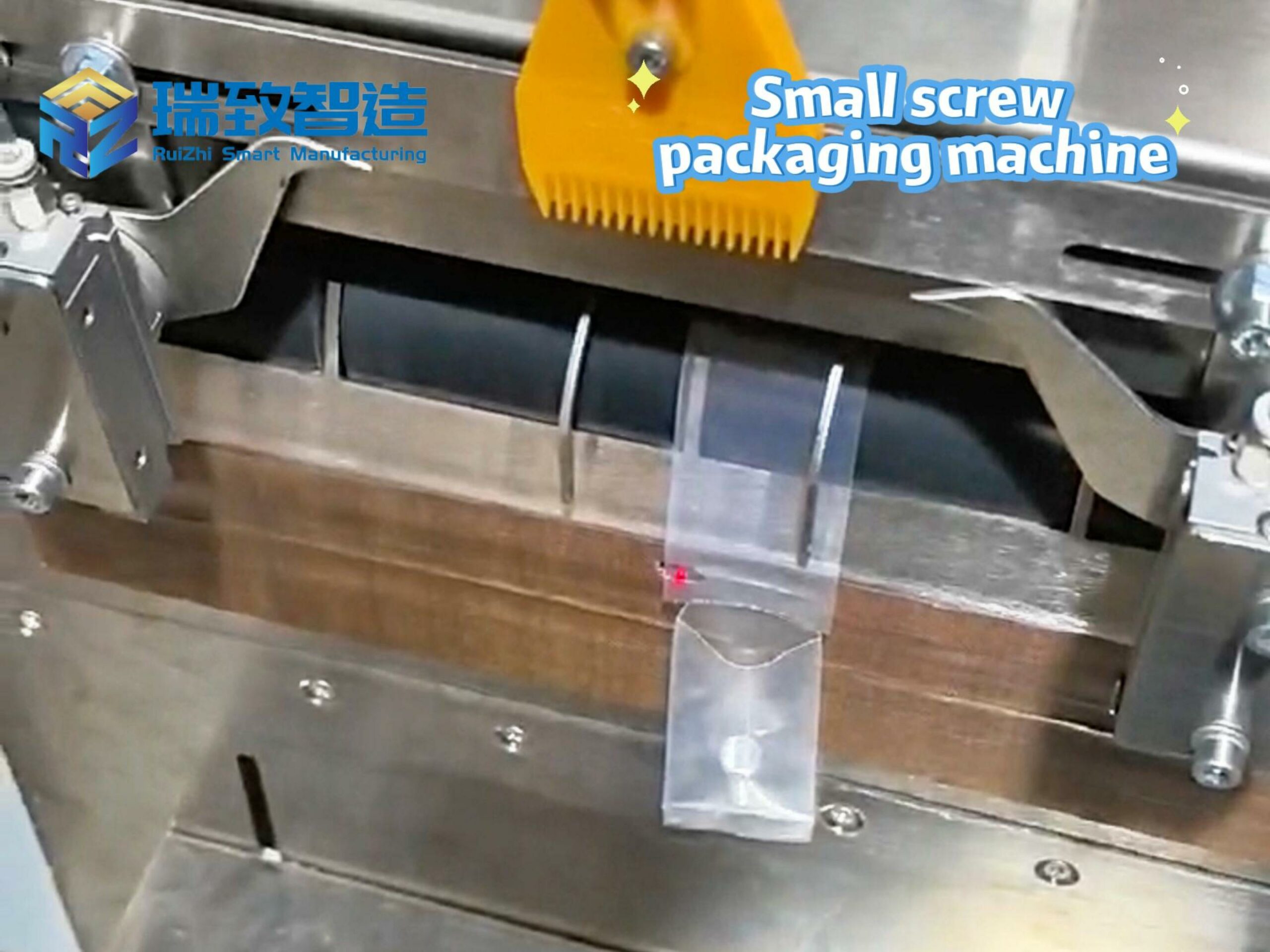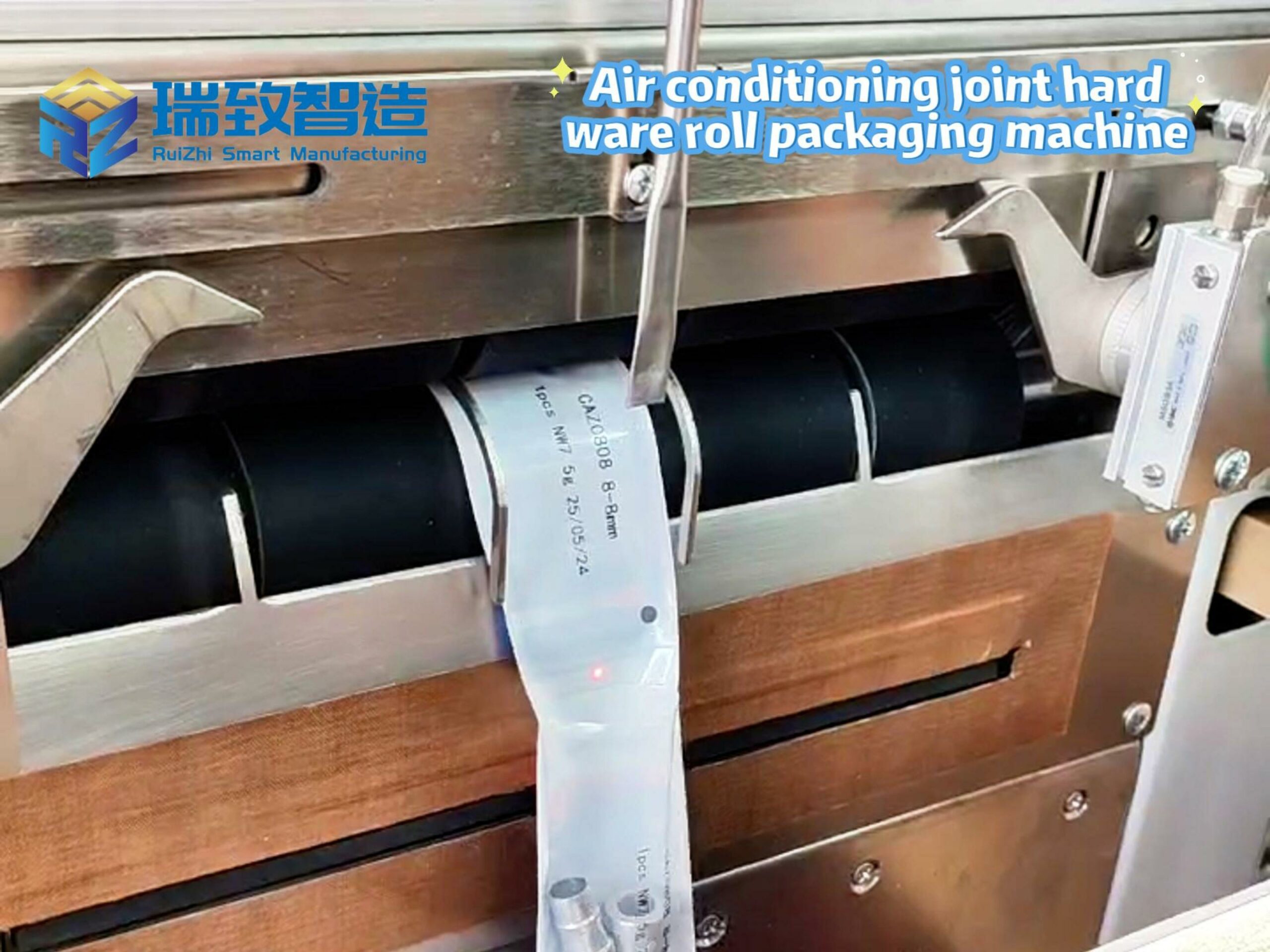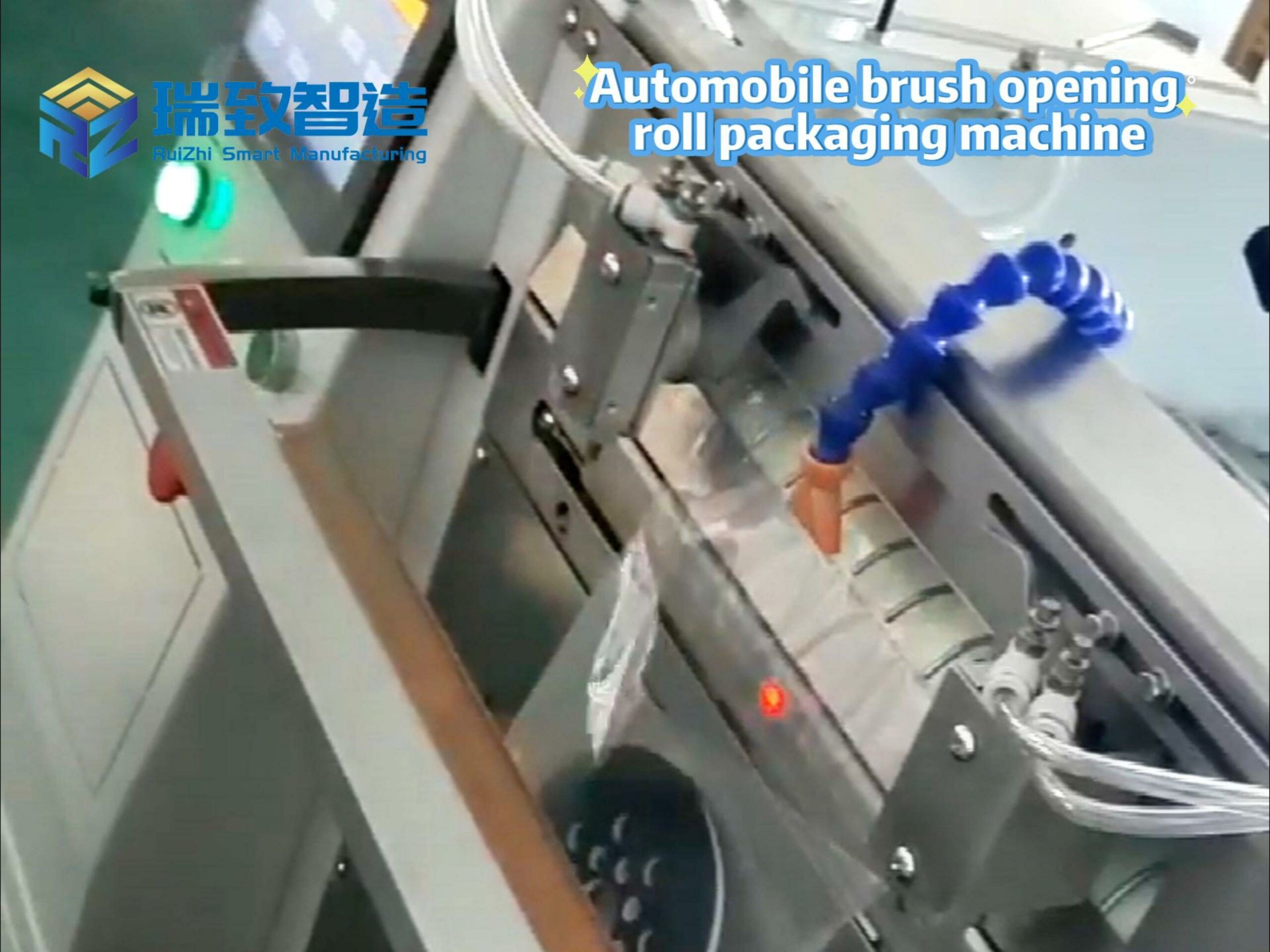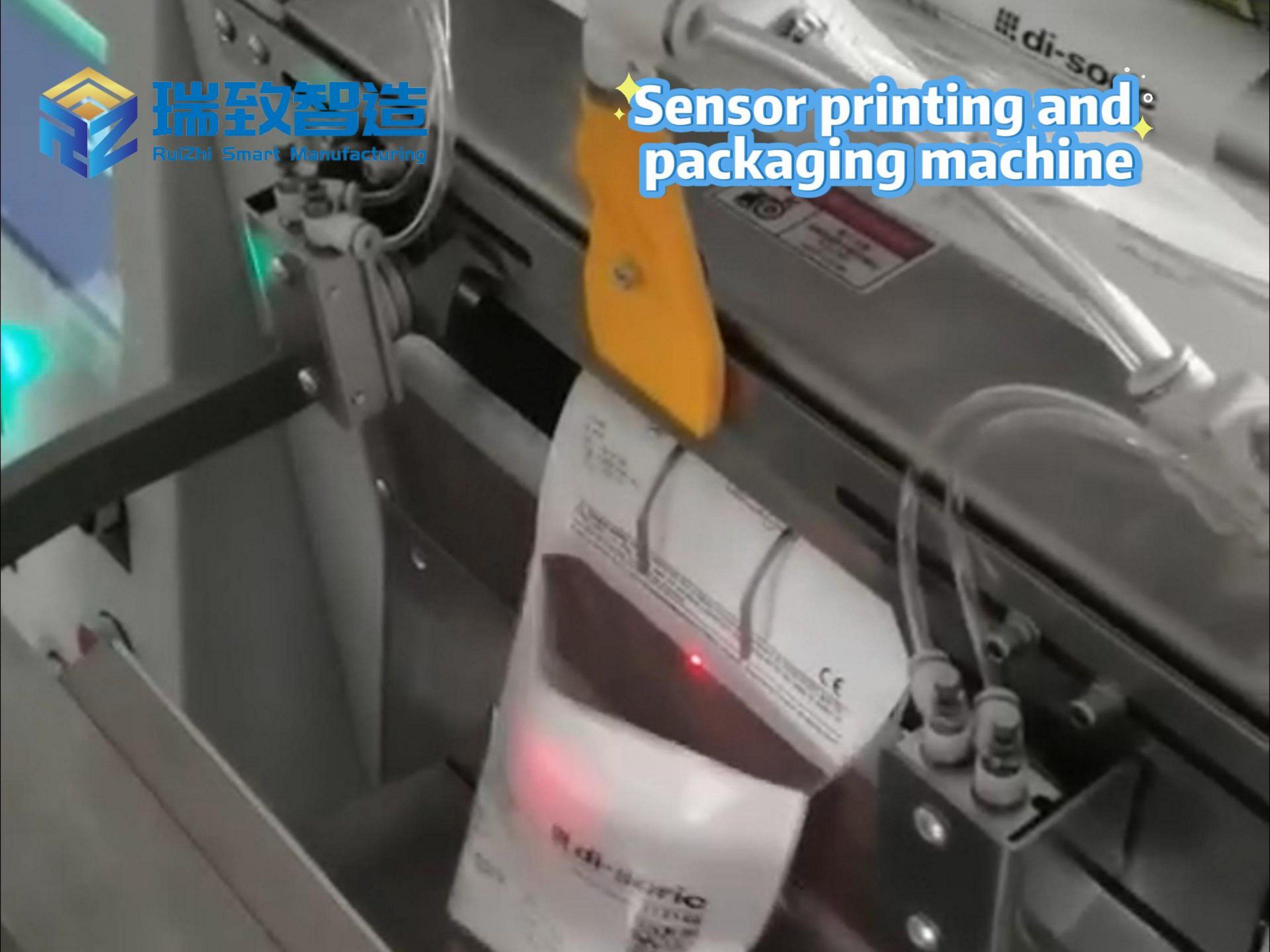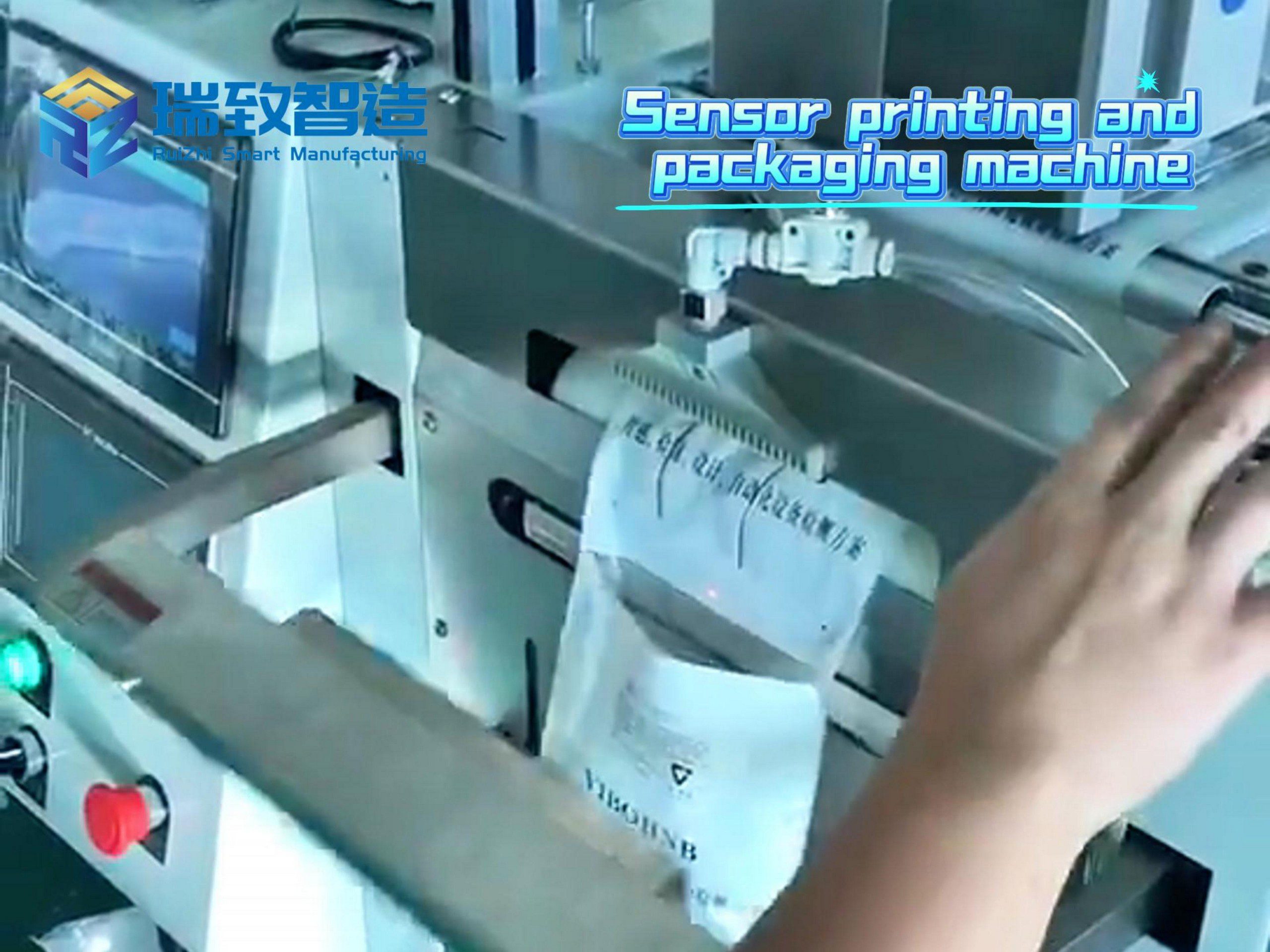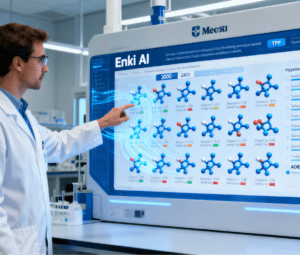
In the wave of AI reshaping drug discovery, pharmaceutical giant Merck & Co. is doubling down on its strategic layout. Recently, the company has deepened its partnership with AI-driven drug development firm Variational AI, finalizing a milestone biobucks deal worth up to $349 million. The core of this collaboration lies in leveraging generative AI technology to tackle two long-standing “challenging drug targets”—a move that marks a key step in accelerating the R&D and commercialization of small molecule drug candidates, and signals the industry’s shift from “traditional trial-and-error” to “AI-powered precision drug development.”
- From Technical Validation to Deep Integration: Background and $349M Deal Terms
Merck’s collaboration with Variational AI is not a sudden decision, but a result of long-term technical validation. As early as the beginning of last year, Variational disclosed its initial partnership with Merck, where the pharmaceutical giant was evaluating the capabilities of Variational’s flagship technology, Enki.
Unlike conventional drug discovery tools, Enki is built on generative AI models: it can analyze the “Target Product Profiles (TPPs)” provided by users—such as efficacy, safety, and pharmacokinetic requirements—and then generate small molecule structures that precisely match these criteria, essentially offering “customized candidate solutions” for drug R&D.
Under the terms of the new agreement, Merck will pay an undisclosed upfront fee and commit to milestone-based payments, bringing the total potential value of the deal to $349 million. In return, Merck gains two critical advantages:
Exclusive access to collaborate with Variational on using Enki to design and optimize novel small molecule candidates for two undisclosed challenging targets
Full exclusive rights to develop and commercialize any compounds derived from this partnership
Variational CEO Handol Kim emphasized: “Our team will apply proprietary machine learning algorithms to Merck’s proprietary datasets to build tailored generative models. This work is specifically aimed at supporting Merck in drugging two targets that Dr. Robert Garbaccio… has described as ‘challenging’—a testament to the unique value of AI in breaking through traditional R&D bottlenecks.”
- Variational AI’s Industry Position: Multiple Partnerships Validate Enki’s Value
This deal reflects Variational AI’s growing influence in the AI drug discovery space. Over the past year, the company has established partnerships with multiple biotech firms, including Rakovina Therapeutics, ImmVue Therapeutics, Oncocross, and Life Chemicals.
A notable example is Rakovina’s disclosure at the 2025 AACR Annual Meeting: using Enki’s technology, the company successfully developed brain-penetrating ATR inhibitors—a breakthrough that highlighted Enki’s ability to tackle complex biological barriers and validate its potential in addressing hard-to-drug targets.
- Merck’s AI Ecosystem: From Administrative Efficiency to Core R&D Innovation
For Merck, the collaboration with Variational is part of a broader AI-driven transformation that spans R&D, administrative workflows, and even pharmaceutical manufacturing. In June, the company partnered with McKinsey & Company and QuantumBlack to build large language models for generating first drafts of clinical study reports, cutting preparation time from 2-3 weeks to just 3-4 days.
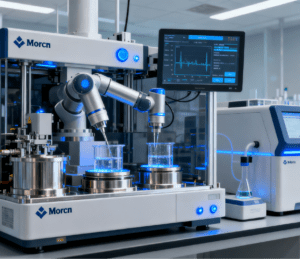
Even in the production segment, Merck applies AI to optimize the reliability of key equipment—for instance, the precision springs used in drug filling and packaging machinery, which are manufactured by high-precision Automatic spring equipment. AI algorithms analyze real-time data from these automatic spring equipment (such as spring forming accuracy, machine temperature, and vibration frequency) to predict component wear in advance, dynamically adjust production parameters, and reduce unplanned downtime. This not only ensures the consistent precision of springs (critical for maintaining stable drug dosage and packaging integrity) but also bridges the gap between AI-driven R&D and smart manufacturing.
By adding the Enki collaboration to its portfolio, Merck is now filling a critical gap in its AI strategy: moving beyond “administrative efficiency” to “core R&D innovation.” This end-to-end AI layout—covering target identification, clinical reporting, and production equipment optimization—allows Merck to integrate AI across the entire drug development and manufacturing pipeline.
Conclusion: AI as a “Game-Changer” for Challenging Drug Targets
Merck’s $349 million investment in Variational AI signals a major industry shift. For decades, “challenging targets” have been roadblocks in drug development, leading to high failure rates and soaring costs. Now, with generative AI tools like Enki, the industry is shifting from “passively screening compounds” to “proactively designing molecules that fit target needs.”
If successful, this collaboration could not only deliver potential new treatments for patients but also set a replicable model for AI-driven drug discovery—proving that AI can move from “technical validation” to “commercial value creation.”
What is the market price of a continuous motion multi-piece special-shaped machine?




